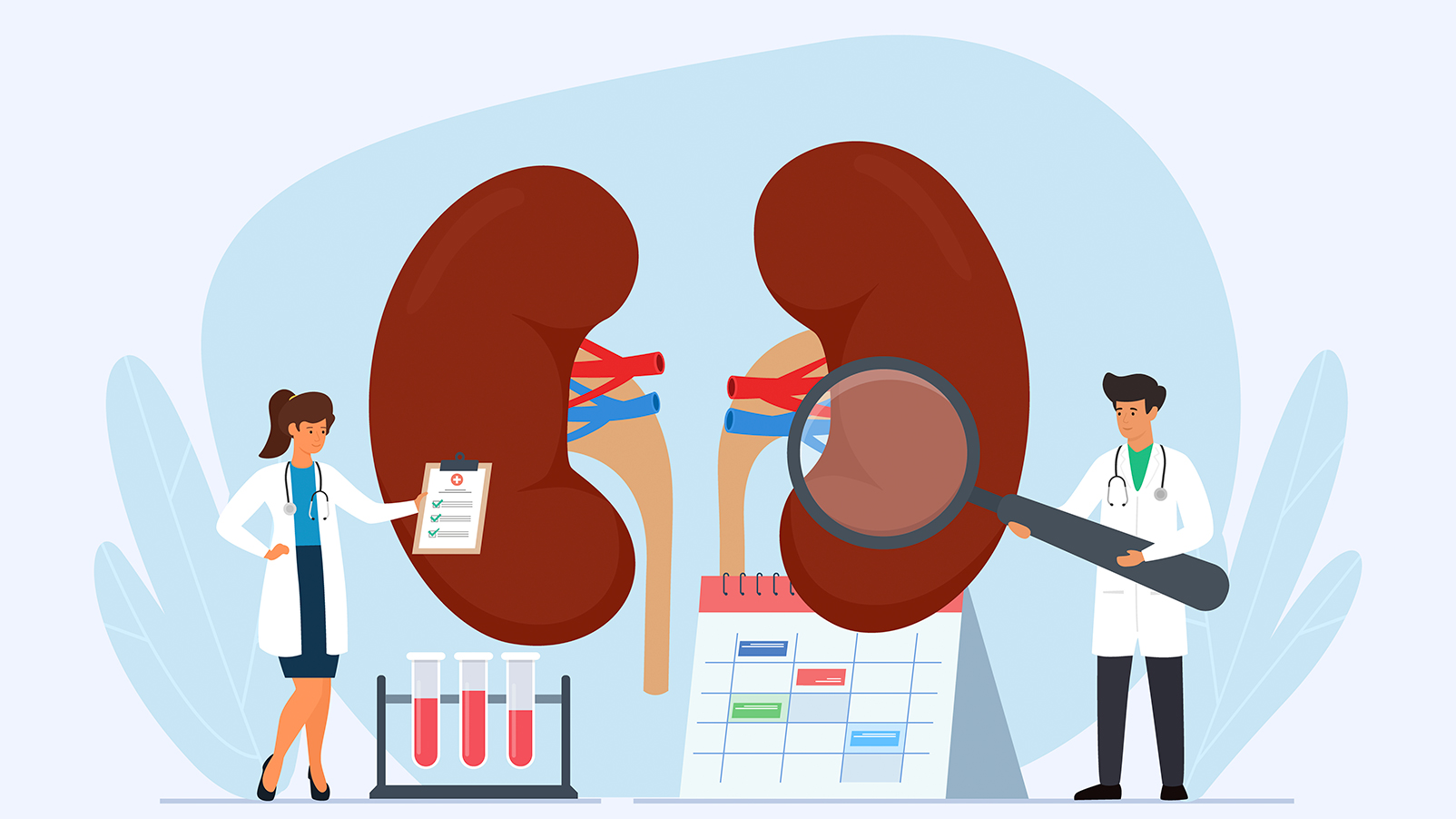By Andrew Rhoades
The AMA and 118 other leading medical societies recently announced that they have united in support of CMS’ prior authorization reform proposal.
The proposal would require certain payers to implement an electronic prior authorization process by 2026, while also needing to shorten the time frame in which they send responses. Read the full article in Healio.








